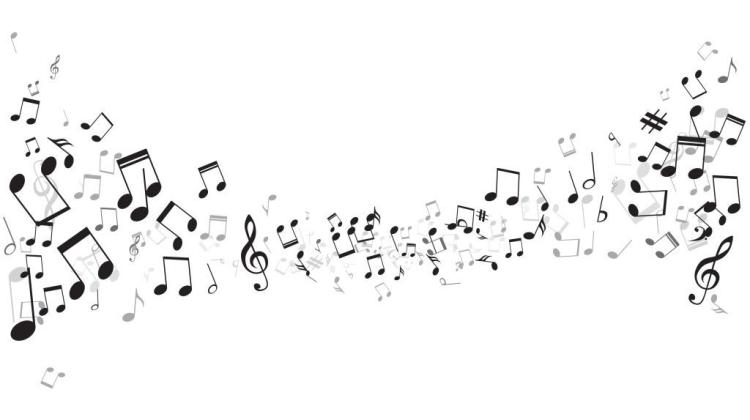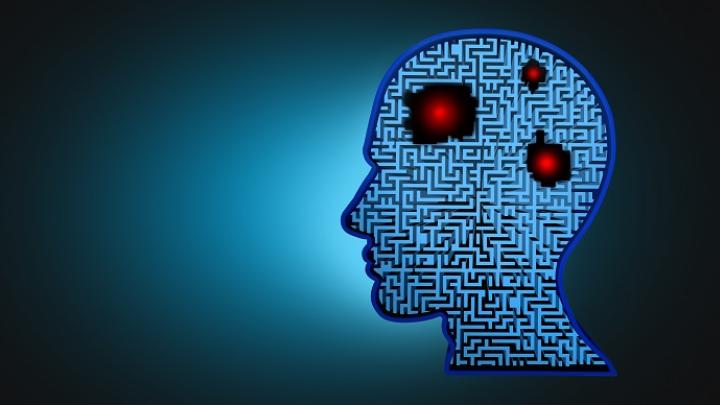Expert: Music therapy is good for people with Parkinson's disease

Music therapy has a positive effect on the functional capacity in patients with Parkinson\'s disease - says therapist Dr. Anna Bukowska. This includes motor exercise by playing instruments and simultaneously imitating the movements performed during everyday activities.
The state of research in music therapy and practical examples of its application are some of the main topics of the two-day International Conference "Music, therapy, education. Symbol, expression, perception", which began on Monday in Katowice.
Organizers emphasised that even though music therapy is a relatively young field of science and knowledge of it is not yet widespread in Poland, more and more people, especially those suffering from various dysfunctions or diseases, are interested in this type of therapies.
An example can be music therapy sessions for people with Parkinson\'s disease. According to Dr. Anna Bukowska, who specializes in neurological music therapy, music therapy has a positive effect on the functional capacity in these patients.
"Parkinson\'s disease is a degenerative disease, which gradually impairs the patient, but it is also one of these diseases which patients can control for a very long period, and function thanks to remaining active" - the therapist told PAP.
She emphasised that this type of therapy allows patients to improve their motility. This - added Bukowska - is achieved also through music externally supplied by the therapist, for example in the form of rhythm, which can stimulate the nervous system of patients. "As a result, very often people who can barely walk, when they hear the music they begin to move differently - their stride is extended, they walk faster, rhythmically. This action has been repeatedly studied" - noted Bukowska.
According to the therapist, an important part of music therapy is also playing simple instruments, through which patients mimic the movements performed in daily life, for example when dressing, and thus can improve their efficiency. "The fact that we can practice movements similar to those that they lose using a variety of settings of percussion instruments, the same movements then translate to the motor functions that are needed for everyday functioning" - she said.
"Some people told me that they were having problems, for example, with lifting their arms, with brushing or washing their hair. Therefore, during treatment (for them) many movements focused on playing the drums, which were either held up by the therapist or positioned a little higher. After one of the sessions, one of the patients admitted that through this exercise she was able to wash your hair herself for the first time in a long time, which indicated a direct effect of therapy on everyday functions" - noted the therapist.
In addition, music therapy can influence the improve speech, for example by practicing singing, as well as the emotional condition of patients.
And although in Poland - according to Bukowska - dance therapy is more frequently used in the rehabilitation of patients with Parkinson\'s disease, more and more people, also from various foundations, are also interested in music therapy.
II International Scientific Conference "Music therapy, education. Symbol, expression, perception" began in Katowice. On Monday, the meeting participants from the country and abroad, heard presentations of foreign guests - Prof. Amelia Oldfield and Prof. Barbara Wheeler.
The two-day conference program included lectures, presentations and workshops. The event is organized by the Karol Szymanowski Academy of Music in Katowice, the University of Silesia in Katowice and the Polish Association of Music Therapists. (PAP)
akp/ jbr/ zan/
tr. RL
Przed dodaniem komentarza prosimy o zapoznanie z Regulaminem forum serwisu Nauka w Polsce.















